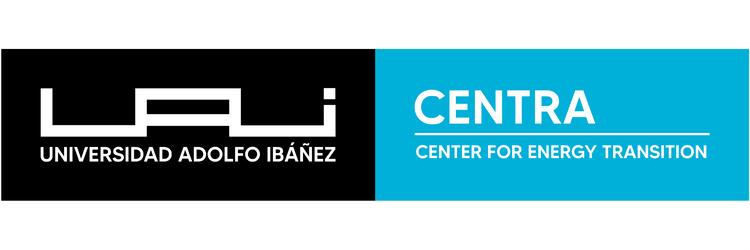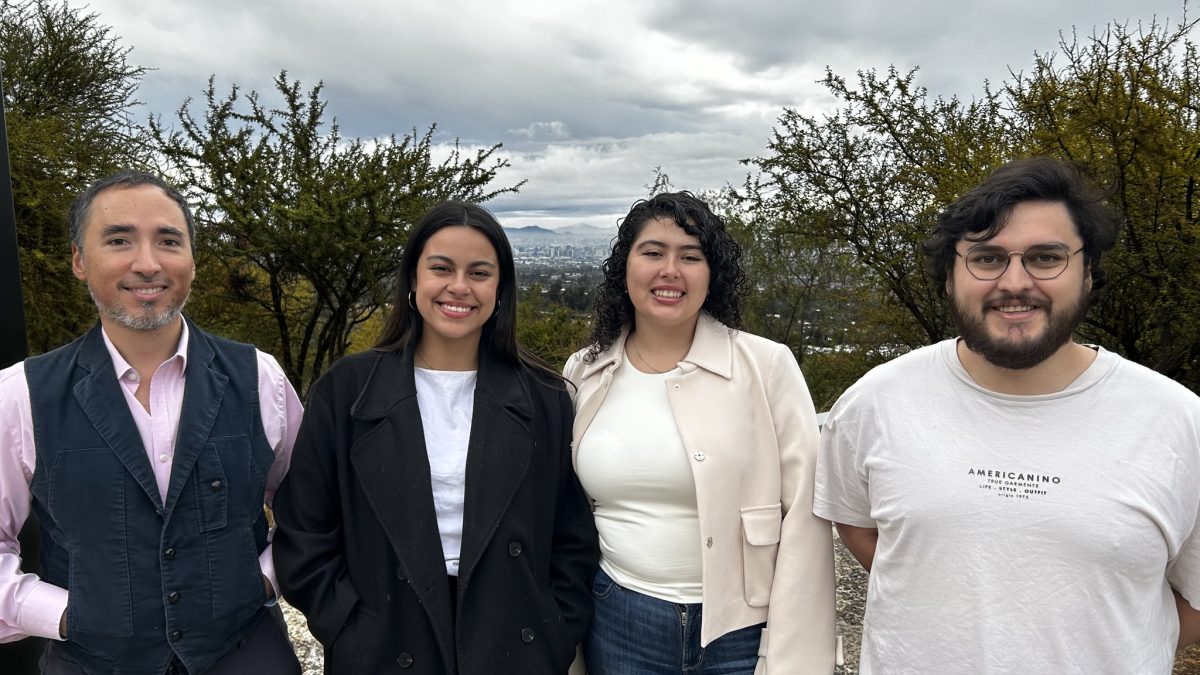UAI and CENTRA have registered a new patent for a technology that extends the operational life of defective solar panels.
As part of the World Creativity and Innovation Week, Universidad Adolfo Ibáñez (UAI) announced the presentation of its 24th patent, a milestone that reinforces its commitment to the development of high-impact sustainable technologies.
The patent application, whose principal inventor is Professor Felipe Larraín Benavides from the School of Engineering and Sciences, corresponds to a method and automated system for the recovery of defective solar panels. This innovation aims to prevent the premature disposal of modules that have lost part of their generation capacity due to failures in one or more cells. Thanks to this development, panels that would traditionally be discarded can be reintegrated into the energy generation process or used in lower-criticality applications, thus promoting a circular economy in the solar industry.
How does this innovation work?
The developed method enables the recovery of solar panels through a highly efficient automated process. First, the damaged cells are precisely identified using technologies such as specialized cameras or mobile inspection systems. Then, controlled interventions are carried out on the panel to access the affected internal components.
On this basis, an advanced conductive material is applied to restore the electrical connection between the functional parts of the panel. Subsequently, this circuit is consolidated through heat or specific treatments, ensuring its long-term operation. Finally, the entire intervened system is coated with an insulating material that protects it from environmental factors such as moisture and dust.
Thanks to this procedure, it is possible to bypass internal faults in the panel and restore much of its energy generation capacity, significantly extending its useful life and reducing its environmental impact.
Main advantages of the submitted patent
Among its most relevant benefits is its comprehensive automation, allowing the entire process —from fault detection to repair and protection— to be performed efficiently, reducing costs and operational times.
The system also offers high industrial adaptability, facilitating its implementation in solar plants or specialized reconditioning centers.
Additionally, by extending the useful life of panels, the need to manufacture new modules is reduced, significantly decreasing the volume of electronic waste. This translates into a positive environmental impact and a strong step toward more sustainable energy production.
Moreover, this technology enables the creation of a second-life market for reconditioned panels, improving the profitability of solar projects and opening new business opportunities in the renewable energy sector.
Technological differentiation
Unlike other available solutions, this innovation developed at Universidad Adolfo Ibáñez proposes a fully automated process that not only facilitates the reconditioning of solar panels but also ensures high standards of quality, sealing, and durability, comparable to those of a new module.
Among its standout features, the system employs mobile technologies such as drones for efficient inspection; controls critical parameters such as power, shape, and cutting duration; and uses low-temperature consolidation techniques, minimizing risks to the original materials.
Furthermore, the new circuits are protected with specialized insulating resins, creating effective barriers against moisture, dust, and other degrading agents, thus ensuring the panel’s long-term performance.
This patent represents a milestone in national technological innovation and reaffirms Universidad Adolfo Ibáñez’s commitment to developing concrete solutions for future energy and environmental challenges.
The inventors
Behind this invention is Professor Felipe Andrés Larraín Benavides, alongside students Camila Paz Bernal Troncoso, Pablo Andrés Villegas Sáez, and Sophia Antonia Guajardo Aroca, all from the School of Engineering and Sciences. This collaborative work between faculty and students reflects the transformative potential of applied research at UAI and its strong commitment to an education connected to the real needs of the productive environment.
With this new patent, Universidad Adolfo Ibáñez reaffirms its leadership in applied research, sustainable technology, and knowledge transfer, establishing itself as a key player within the national innovation ecosystem. The presentation of this technology also takes place during a particularly meaningful week, in which the creative talent and innovative spirit are celebrated worldwide —principles that UAI decisively promotes across all its scientific and technological development projects.

